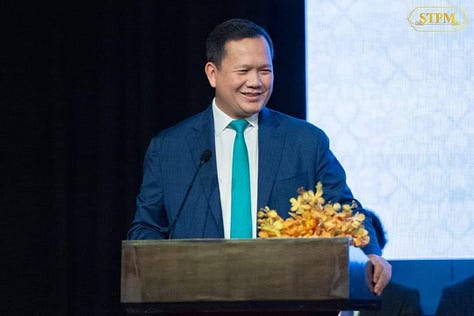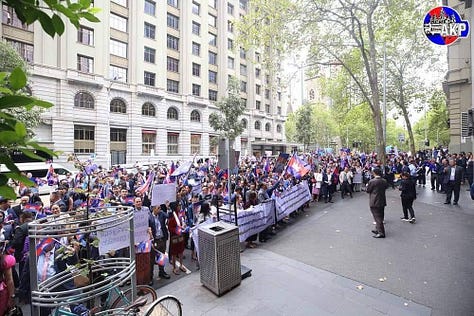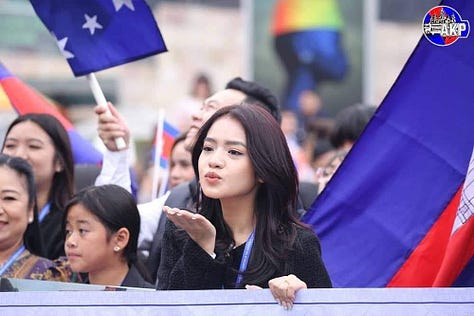Hun Manet in Melbourne
Prime Minister Hun Manet arrived in Melbourne for the Asean-Australia Special Summit, aiming to strengthen strategic partnerships and regional cooperation. But Gareth Evans was not all smiles.



PM Hun Manet in Melbourne for Asean-Australia Summit, Bilateral Talks
By Geeta Pillai
PHNOM PENH: Prime Minister Hun Manet has arrived in Melbourne, Australia, to attend the Asean-Australia Special Summit scheduled for March 4-6. This pivotal gathering is set to chart the future course of relations between the Association of Southeast Asian Nations (Asean…




